15+ Astonishing Photos That Show the Connection Between Science and Everyday Life

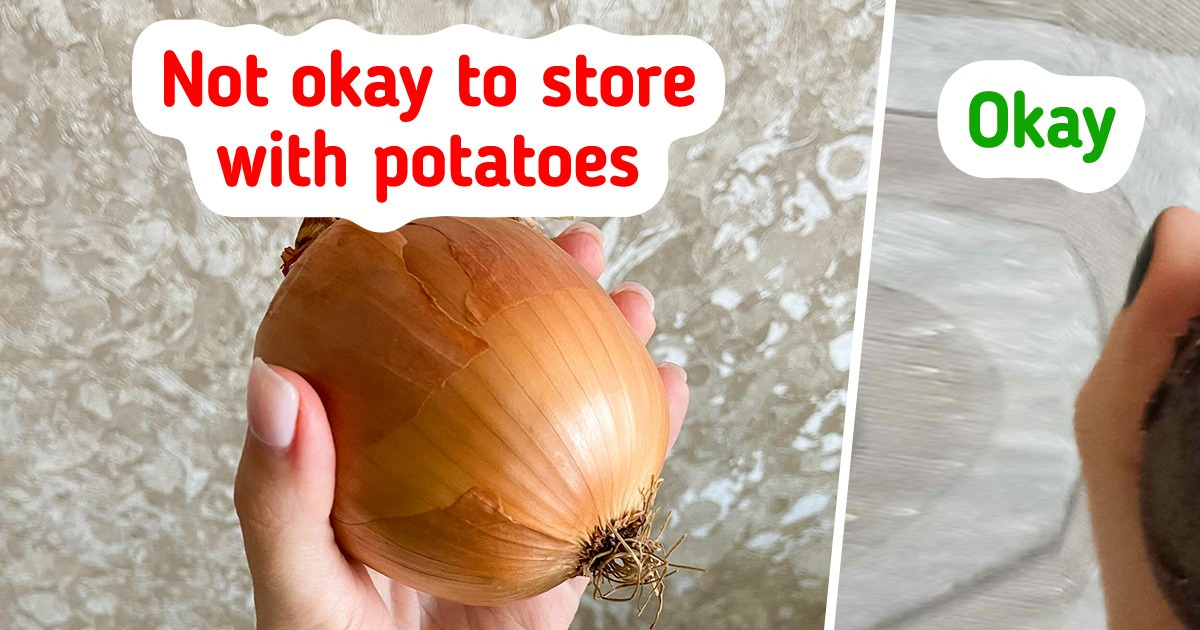
Fruits and vegetables are our sources of vitamins in the winter. However, some of them are moody and require special care: for example, onions shouldn’t be stored next to potatoes. We’ll tell you how to keep your fruits and vegetables fresh for as long as possible.
You can store onions in an old-school way: in tights. Nylon is excellent for storing onions because they need air, not moisture.
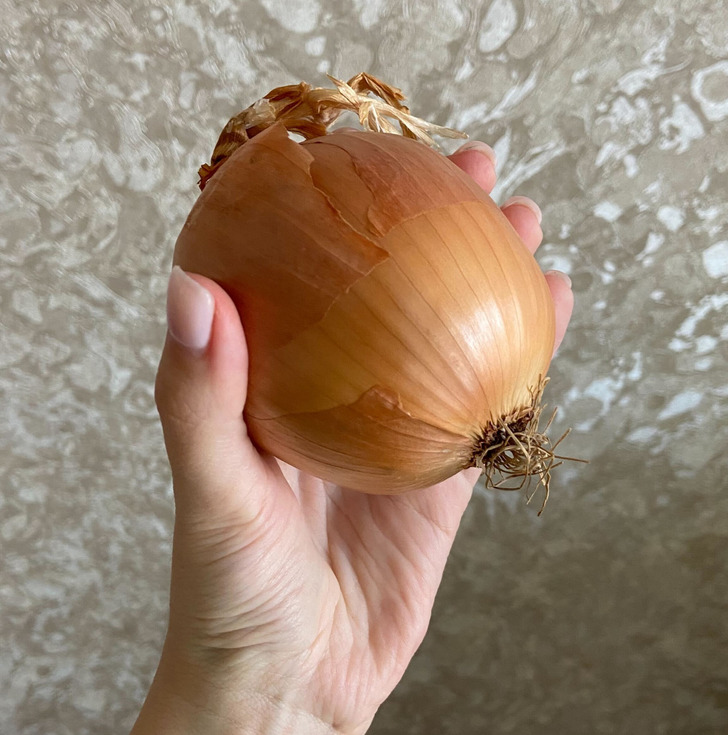
Some people store onions next to potatoes. Don’t make this mistake because potatoes give off moisture which means the onions will rot. And if you don’t want tights hanging around the kitchen, buy a beautiful basket to keep them in.
Potatoes need darkness and cold. It’s better to store them with rowan leaves that give off phytoncides, protecting potatoes from decay. Don’t store onions and apples nearby: they give off gases that end up ruining potatoes.
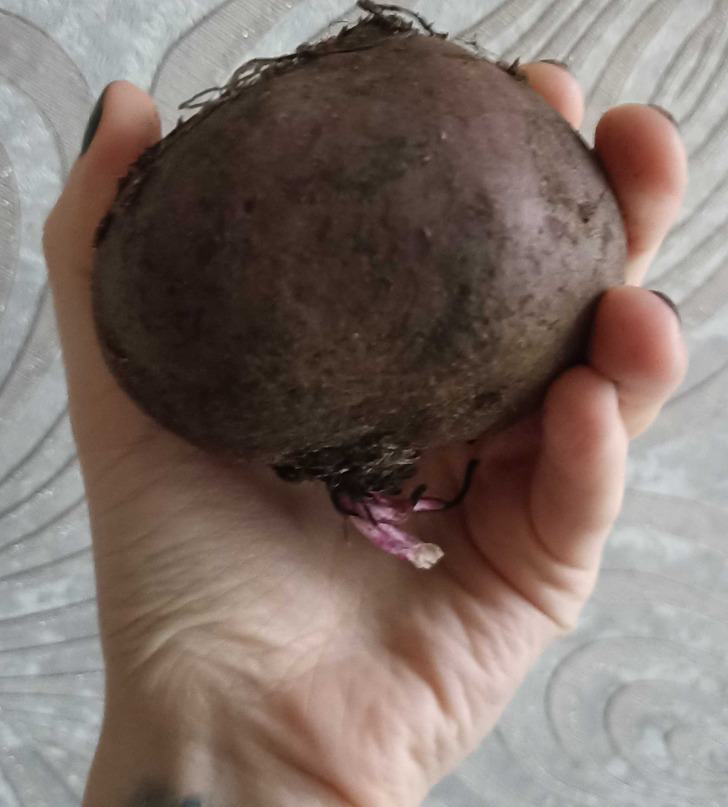
Beetroot is probably the only good neighbor for potatoes. It absorbs extra moisture and gets even more resilient. Put beetroots on top of potatoes.
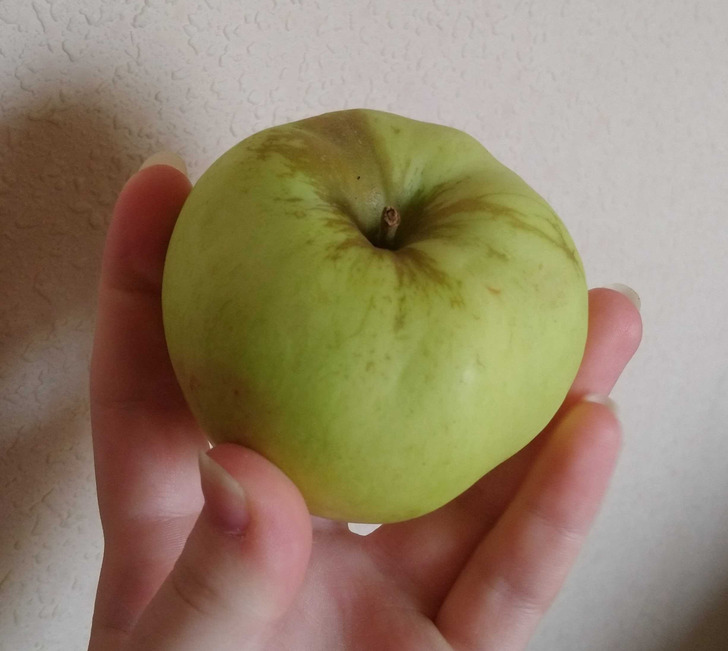
Apples should be stored in cool dark places, like a cellar, at 32 °F to 44 °F. And a double cardboard box in your hallway is also good, but don’t forget to give your apples enough ventilation and make some holes for them to breathe.
You can use your balcony. You can store apples for 2-4 months, if it’s cold. If it’s warm — for up to 6 months. Wrap every apple in paper and put all of them in a box.
You can also rub every piece of fruit with glycerin. Or wash them in a weak potassium permanganate solution.
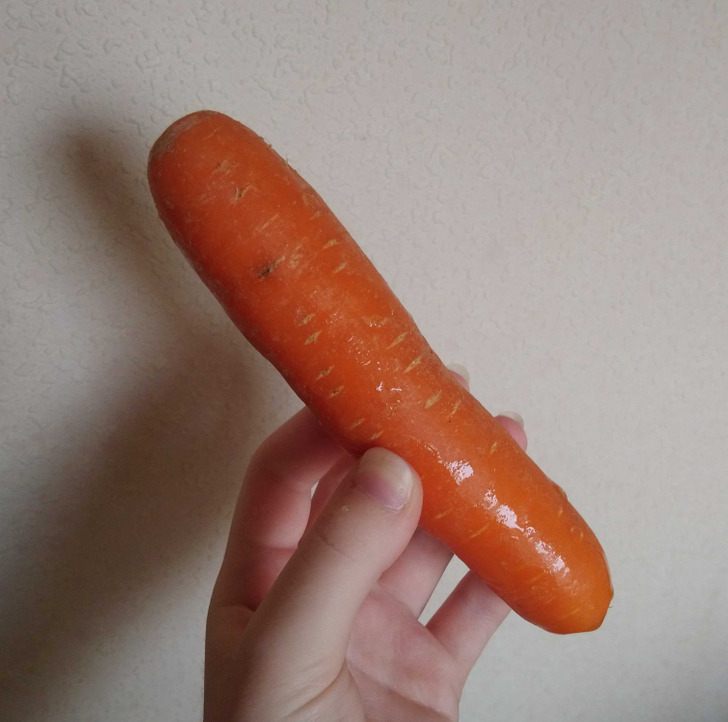
Carrots are often stored with sand, onion peels, or even sawdust — anything that absorbs moisture and doesn’t let the vegetables come into contact with each other. It’s better to store carrots in the cellar at 32 °F-35 °F or in your apartment for a couple of months.
There’s a life hack for making soups and stews quickly. Peel the carrots, grind them and wrap them in plastic wrap. You can store the pre-prepared carrots in your freezer.
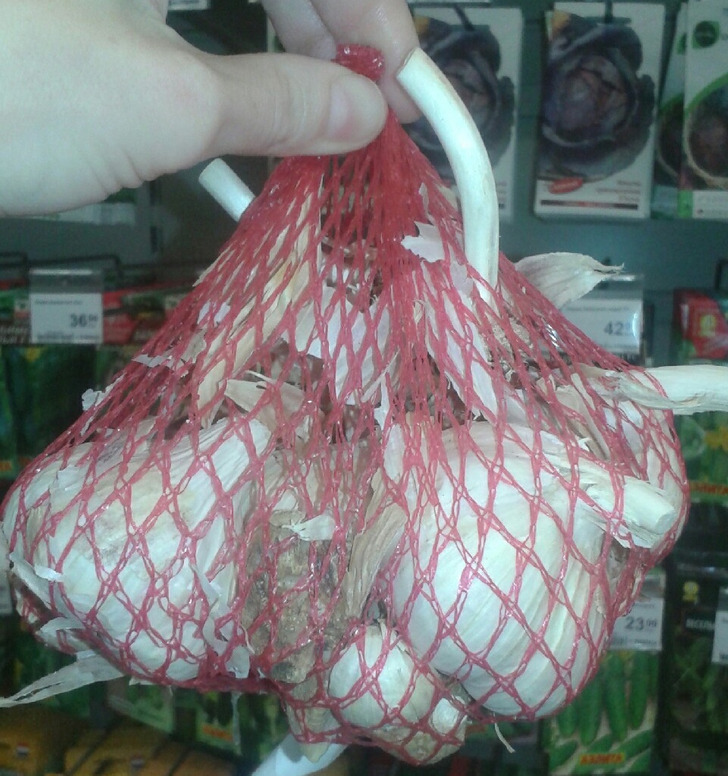
Garlic is not very difficult to store, it just needs air and a dark place without too much moisture. It’s usually hung in the kitchen and can be stored in nets. Or you can put them in shallow boxes that are no less than 6 inches deep. Make sure there are holes for ventilation.
It’s challenging to store cabbage at home, the perfect temperature is 32 °F-35 °F. Cabbage should be peeled and wrapped in paper or plastic wrap, 3 layers should be enough. Make sure the cabbages don’t come into contact with each other. Also, check them regularly to prevent them from rotting.
Pumpkins can be stored under your bed if the temperature is below 68 °F. A better option is a warm balcony where it’s never colder than 37 °F. You can put the pumpkins on wood or cardboard and cover them with newspapers. Don’t let the pumpkins come into contact with each other, cover them with a warm blanket.
How do you store fruits and vegetables?











